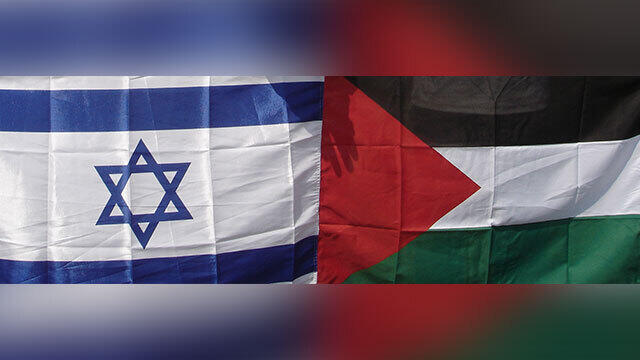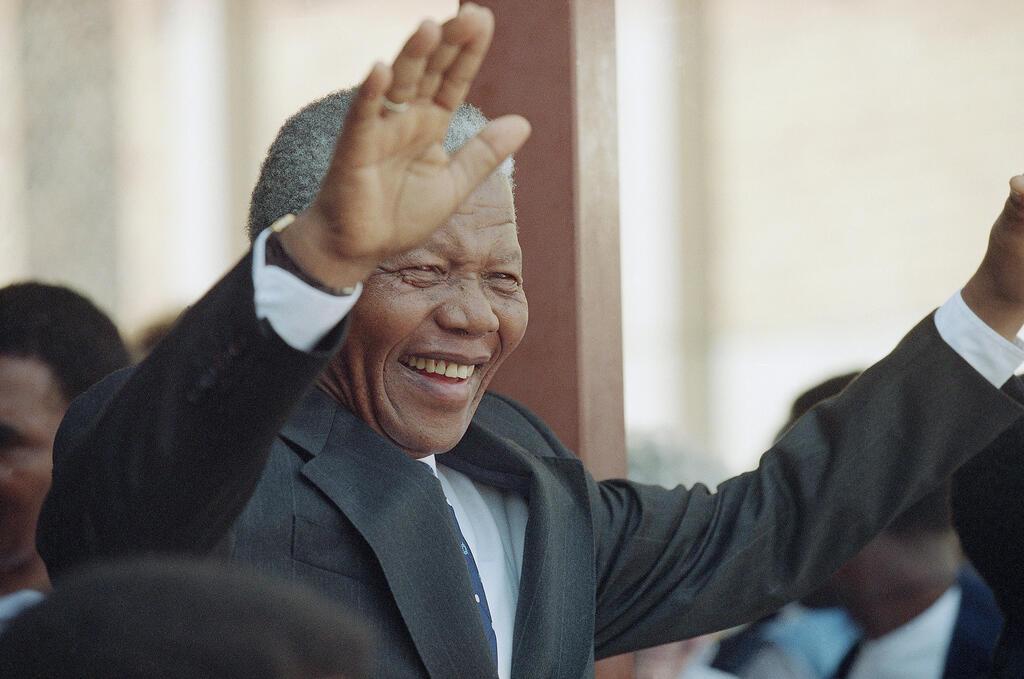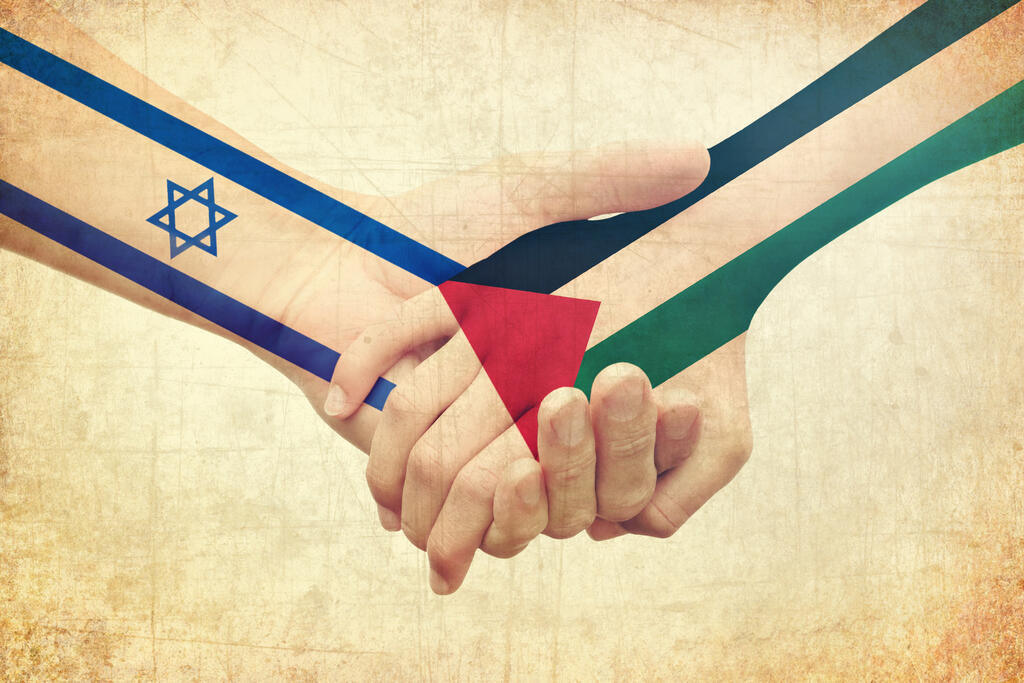Getting your Trinity Audio player ready...
Why are you doing reconciliation? What is it all about? Can we do it?
Those are some questions that I like to start with. Reconciliation is not a tool or a means to an end. It’s a process of trying to understand the narrative of one’s enemy, and whether they can become a friend or a thriving force for a common future.
Promoting reconciliation with one’s enemy requires courage. Those who promote it in the hope of transformation and a better future must challenge their own historical identities, societal beliefs, and ritual and religious beliefs – and those of their enemy.
Reconciliation is never an obvious choice. Nations in war and conflict will never want or promote it. Yet both sides must seek the challenge of reconciliation for an attempt to be made.
Individuals who seek to encourage reconciliation in the middle of conflict risk their own lives and futures. They try to convince others in the conflict to give up promises of historical rewards or future intangible rewards for the long-term benefit of a shared, common future in sustainable peace. They tirelessly drive forward, twinning dialogue and development with reconciliation, even amid war and conflict.
It is easy to be driven by societal beliefs but hard and uncomfortable to confront and challenge those beliefs for a better common future with one’s enemies.
Nelson Mandela said, on October 29, 1998 –the day he received the Truth and Reconciliation Commission report: “And in the celebration and disappointment that attends such harvest, we know that we shall have to sow again, and harvest again, over and over, to sustain our livelihood; to flourish as a community; and for our generation to know that when we finally go to rest forever, our progeny will be secure in the knowledge that two simple words will reign: Never again!”
Never again! This is why the reconciliation process is needed. Reconciliation, said Mandela, is “for those who have the means to contribute to the efforts to repair the damage wrought by the past. It is for those who have suffered losses of different kinds and magnitudes to be afforded reparation, proceeding from the premise that freedom and dignity are the real prize that our sacrifices were meant to attain.”
How can we proceed with reconciliation in the middle of a conflict? It’s a long road, and its fruits are not for our generation but for our children and generations to come. We can become their heroes and champions by standing for change and transformation for a better future.
What can jump-start the reconciliation process? As a Palestinian who has a hard identity and reflects on many atrocities that happened to my people, I would say, refusing to hate! I will always remember the past and learn from it, for a better future. But I will refuse to hate.
Hate thrives in conflicts. And as it does, it lays the groundwork for future conflict while reflecting on the agony of the past. Thus, it becomes one of the most important and complementary elements of conflict. Hate has no brother or sister or good or bad; it is the counterpoint to reconciliation. Continuing to hate and bearing a grudge leads to suffering and dwelling on the past.
That is what happened to me when I decided to protect my identity, my narrative as a Palestinian, against my enemy. I become the hatred that I opposed. I wrote messages on social media that promoted a narrative of hatred against my enemy. Then, my student, a Palestinian from Hebron, came to me and asked: “Do you believe what you preach?” I said, without hesitation, yes. Then I realized that I was promoting hatred rather than the narrative of my people’s goodness.
Thus, I decided not to hate. I will never promote hatred, even if my enemy does. At that moment, I stopped promoting the narrative of hatred to anyone.
We must go through a process of healing past wounds, or we are in a process of imminent self-destruction, with hate becoming part of our societal narrative, history, and the agony of the other.
Another quote from Nelson Mandela, from his autobiography, Long Walk to Freedom, comes to mind: “No one is born hating another person because of the color of his skin, or his background, or his religion. People must learn to hate, and if they can learn to hate, they can be taught to love, for love comes more naturally to the human heart than its opposite.”
As Palestinians and Israelis, we can learn to hate or to love. But to do either, we must take a stand. Whatever the circumstances, reconciliation requires taking a stand to love and to renounce hate. If we do that, we can become the champions of our future.
Reconciliation is for champions. But do we have those champions?




